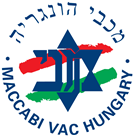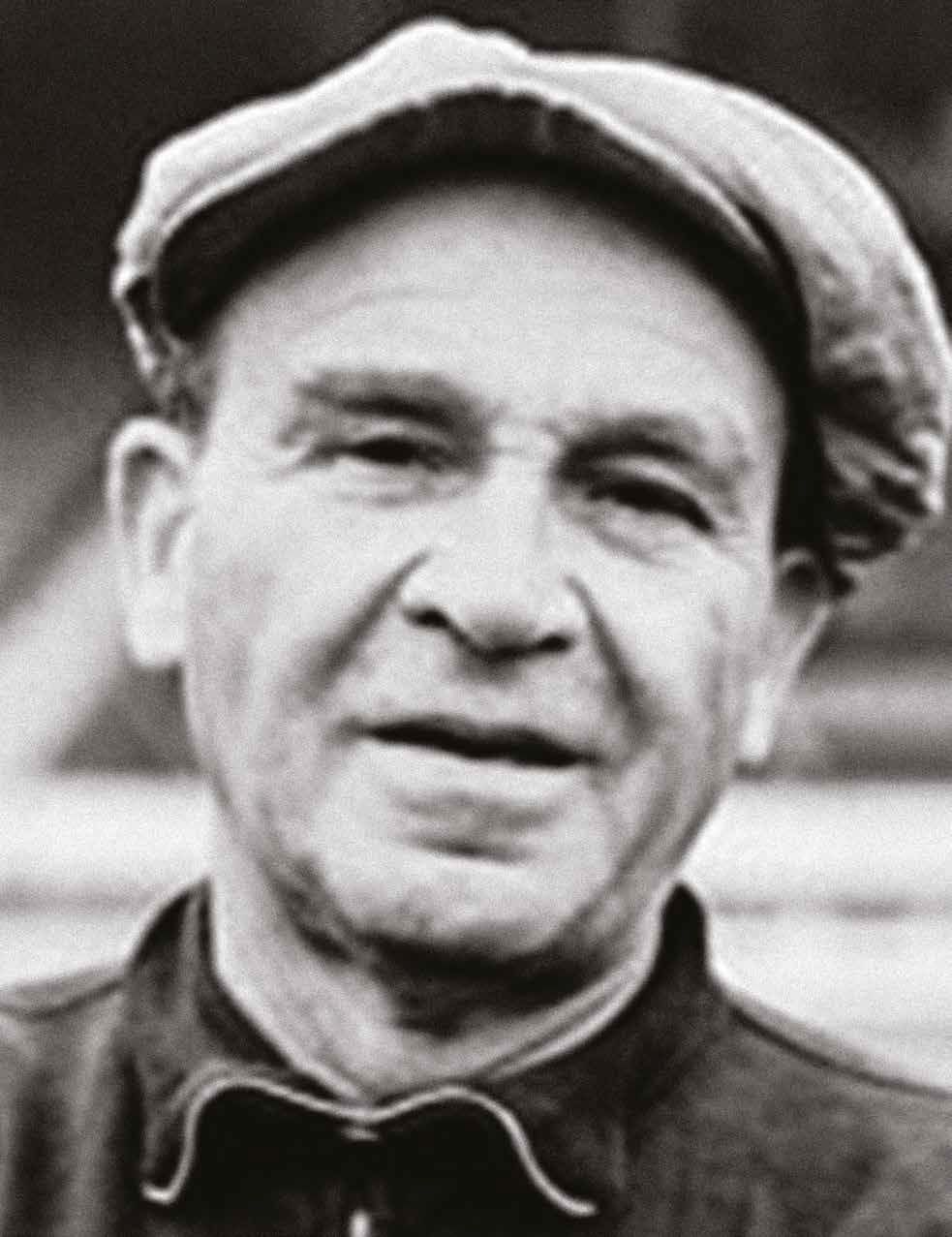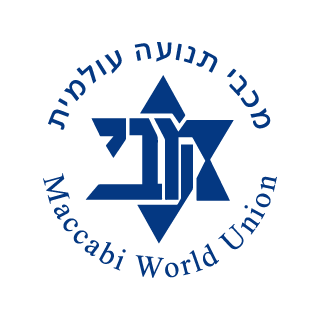Famous Jewish athletes and sports leaders
in Hungary

Every week, Maccabi VAC presents a Hungarian Jewish athlete, sports leader, pruner, coach, who played a decisive role in Hungarian and universal sports.
Béla GUTTMANN
(1899–1981)
 A Hungarian national team footballer and one of the most successful football coaches on an international level of all time.
A Hungarian national team footballer and one of the most successful football coaches on an international level of all time.
During his career, Béla Guttmann led 25 teams from 12 countries, but did not stay anywhere long. After an American tour with Hakoah, he stayed and later played football in New York clubs for six years, some of which he later spent as a coach. After the Great Depression which began in 1929, he lost almost everything (having previously joined the alcohol business in the age of prohibition), returned to Vienna, and began his four-decade coaching career at Hakoah. This was followed by the Netherlands, then Vienna again, and soon the first league title at home with Újpest (1939, plus a KK trophy). After surviving the Holocaust in unclear circumstances (supposedly in Switzerland), he started at Vasas, continued in Bucharest (at Ciocanul), directed Newpest again (another NB I gold, 1947), and in 1948 Kispest for some time.
He was given the opportunity to succeed Ferenc Puskás (Purczeld), who is older than the KAC, but then got into a fight with his player, Ferenc Puskás Jr., after which Guttmann left the country. After Italian, Argentinian and Cyprus teams, he sat down in 1953 on the small bench of AC Milan, full of stars (Nordahl, Liedholm, Schiaffino, Maldini), from where he was let go in early 1955. He was not terminated because of his results (the Lombards are at the forefront of the league and became champions at the end of the season, but with someone else), but as a victim of intricacies within the club. He then required his current contracts to include that he couldn’t be fired if they were just keeping the status quo.
Vicenza was his next stop, then in the winter of 1956–1957 he joined the Honvéd tean, marked by Ferenc Puskás and several other players of the Golden Team, who took part in a South American tour. Guttman decided to stay in Brazil, where he became head coach of the Sao Paulo team, and soon won a state championship. For a long time, there was little talk about his activities at that time, although Guttmann introduced and promoted the attack-oriented 4–2–4 line-up in which Gusztáv Sebes and Márton Bukovi, the other two members of the great Hungarian training trio, also played a role. next to. With this formation, then, in 1958, the team finally won the first world title in its history.
In 1958, Béla Guttmann returned to Europe and took a job in Porto, Portugal, where he coached the team to a championship title and then, to the greatest grief of the fans, left to head the rival team, Benfica. The master perfectly integrated the Brazilian experience into European football: in addition to two domestic golds, the biggest successes followed, and Benfica won the European Championship Cup twice.
The success of BEK in 1961 was achieved against Barcelona without the talented player Eusébio whom he discovered, and in the 1962 Amsterdam final, under the leadership of Eusébio, who was only 20 years old, defeated Real Madrid. That finale is still mentioned as one of the greatest moments in European football.
Guttmann left Lisbon at the height of his career, and although he was active until 1973, he visited Uruguay after Austria and Portugal (where he put together a Libertadores Cup champion at Penarol, but the fruits of the team were to only be harvested by his successor), as well as Switzerland. and Greece, where he failed to replicate his previous successes.





